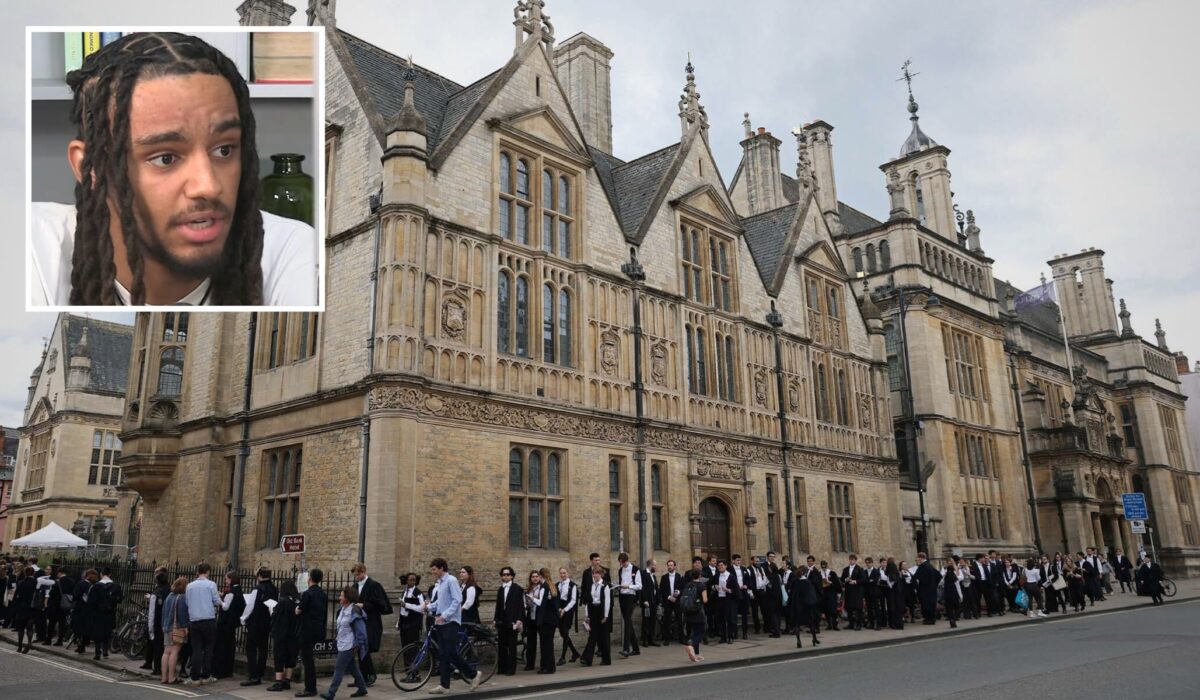Oxford Union on Edge After President-Elect Refuses to Resign
Abaraonye’s refusal to resign as president-elect of the Oxford Union has brought the Union to the brink of disaster. That single choice has exposed fractures in the society’s governance and forced a messy confrontation between rules, tradition, and public scrutiny.
The Oxford Union is built on precedent, elections, and the legitimacy those things confer. When an elected leader refuses to step down, the body that relies on orderly transitions faces immediate strain on its operations and reputation.
Members and alumni alike are watching how officers, trustees, and administrators respond. Internal mechanisms like injunctions, votes of no confidence, or emergency meetings could be triggered, and each would test the Union’s written procedures and unwritten norms.
Beyond club rules, there are practical consequences for events, speakers, and sponsorships. Commitments negotiated under the assumption of stable leadership may be paused or canceled while uncertainty persists, and that can ripple into finances and partnerships.
Social media amplifies disputes quickly, and the Union’s standing on campus is vulnerable to rapid narrative shifts. Public perception matters for student recruitment, fundraising, and the ability to host high-profile figures.
Governance questions now sit at the center: who has the power to remove an officer, and what quorum or majority is required? Legal counsel might be consulted if the dispute reaches beyond procedural remedies, which raises costs and further delays resolution.
For many members, the situation is about principle as much as policy, because how the Union resolves this will set a precedent. Future candidates and committees will reference this episode when shaping expectations for conduct and accountability.
Those advocating for Abaraonye may point to electoral mandates and due process, while opponents emphasize institutional stability and collective interest. Both sides present risks: one risks eroding trust in elections, the other risks sidelining democratic outcomes for the sake of expediency.
Practical pathways forward include mediated negotiation, a rerun of elections, or the invocation of emergency governance powers if those exist and are deemed legitimate. Each path has trade-offs that balance fairness, speed, and the Union’s public image.
The board and senior officers will likely face pressure to act decisively, because prolonged limbo is costly. Whatever measures are taken, transparency with members will be crucial to preventing further polarization and to restoring confidence.
For student societies everywhere this episode serves as a reminder that clear rules and contingency plans matter as much as campaign rhetoric. Organizations that invest in robust procedures and communication channels are better equipped to weather leadership crises without collapsing under strain.
At present, the outcome remains uncertain and attention will stay fixed on how the Union navigates this moment. The coming days should reveal whether the Union can reconcile competing claims and return to normal operations without lasting harm.

